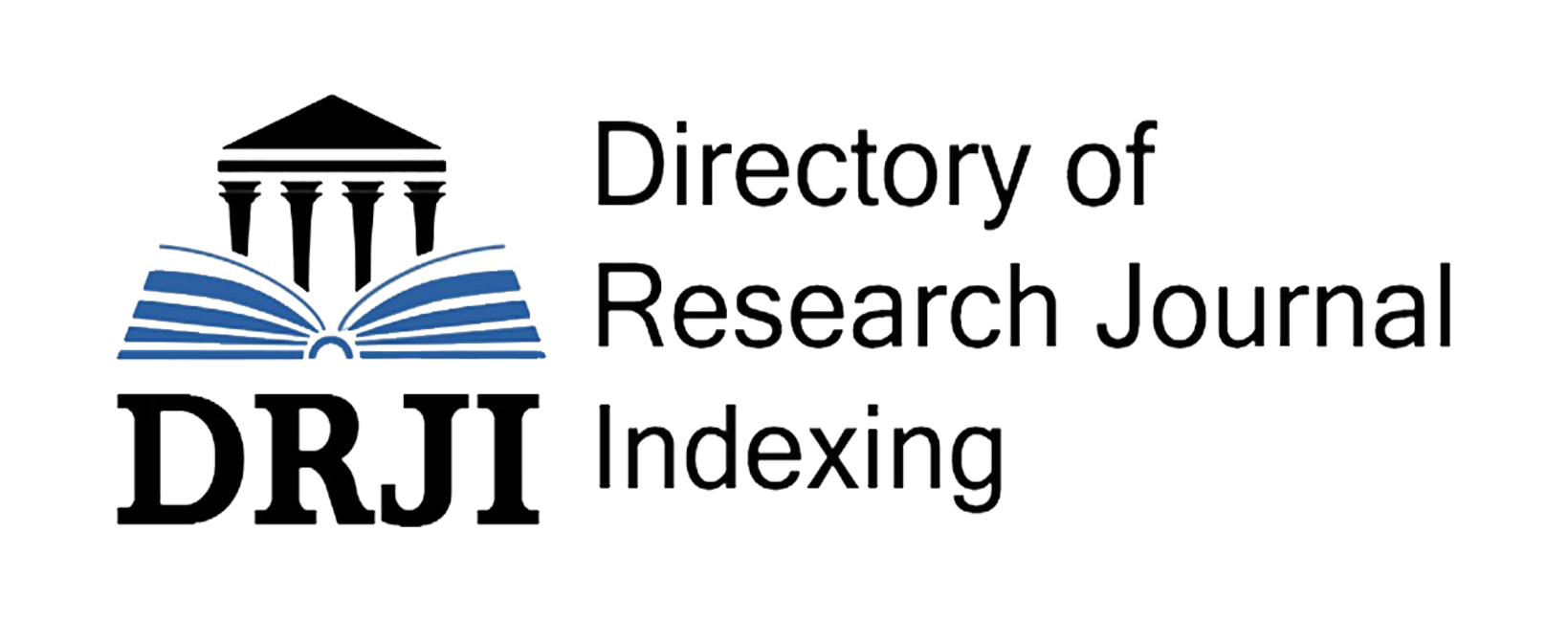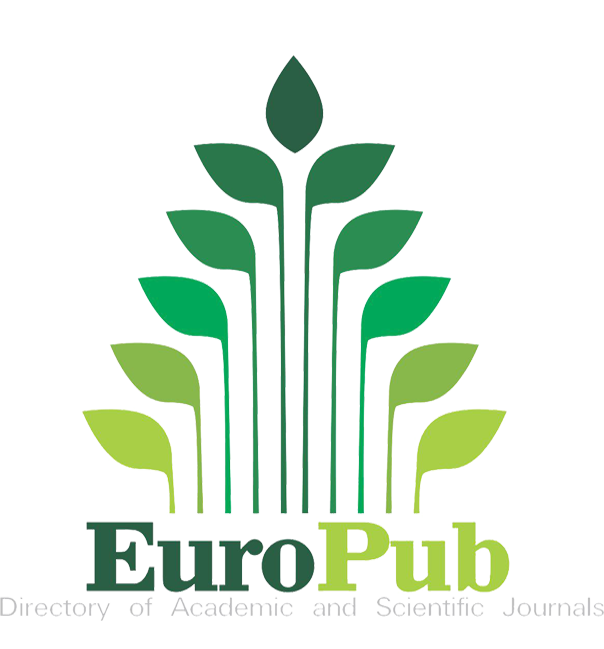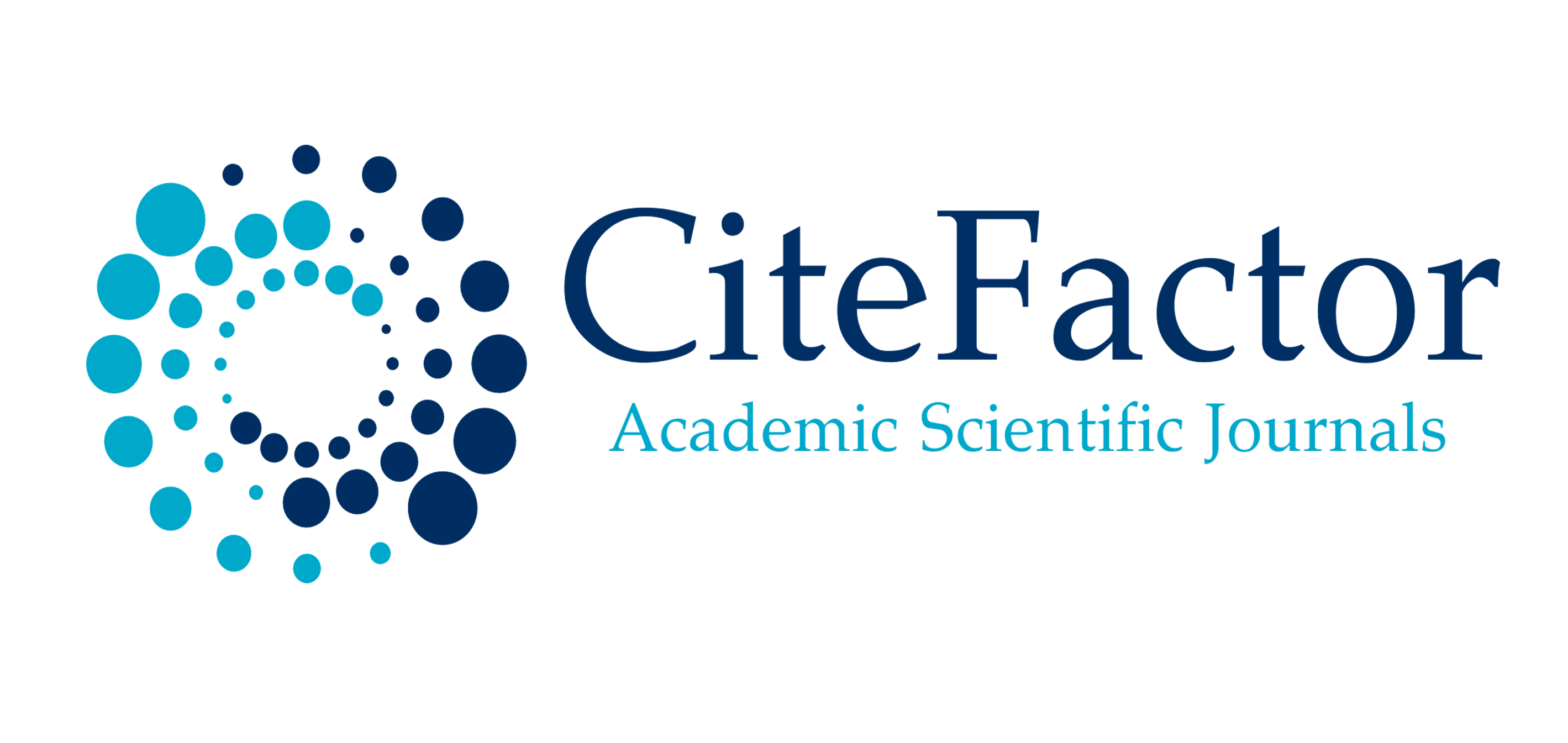CONTENT OF LINGUISTIC SOCIO-CULTURAL COMPETENCE
Keywords:
linguistic sociocultural competence, language proficiency, sociolinguistic variation, pragmatics, discourse strategies, sociocultural norms, linguistic competence, sociocultural competence, pragmatic competence, discourse competence, intercultural understandingAbstract
This article examines the content of linguistic sociocultural competence and its relationship with other foreign language competences. Linguistic sociocultural competence refers to the ability to understand and appropriately use language in social and cultural contexts. It goes beyond language proficiency and encompasses knowledge of sociolinguistic variation, pragmatics, discourse strategies, and sociocultural norms. This competence is closely intertwined with other language competences, including linguistic competence, sociocultural competence, pragmatic competence, and discourse competence. Linguistic sociocultural competence enhances language proficiency by enabling learners to communicate effectively, adapt their language use to different social contexts, and develop intercultural understanding. Through a comprehensive understanding of the content and relationships between these competences, language learners can acquire a more nuanced and holistic proficiency in foreign languages.
References
Byram, M. (1997). Teaching and assessing intercultural communicative competence. Clevedon: Multilingual Matters.
Canale, M., & Swain, M. (1980). Theoretical bases of communicative approaches to second language teaching and testing. Applied Linguistics, 1(1), 1-47.
Kramsch, C. (1993). Context and culture in language teaching. Oxford: Oxford University Press.
Kramsch, C. (2006). From communicative competence to symbolic competence. The Modern Language Journal, 90(2), 249-252.
Lantolf, J. P., & Thorne, S. L. (2006). Sociocultural theory and the genesis of second language development. Oxford: Oxford University Press.
Savignon, S. J. (2001). Communicative language teaching: Linguistic theory and classroom practice. In M. Celce-Murcia (Ed.), Teaching English as a second or foreign language (pp. 13-28). Boston, MA: Heinle & Heinle.
Schumann, J. H. (1986). Research on the acculturation model for second language acquisition. Journal of Multilingual and Multicultural Development, 7(5), 379-392.
Bekmurodov, M., Akhmedova, F., & Kadirova, K. (2020). Study the process of harmonization formation of personal and professional qualities at students. International Journal of Psychosocial Rehabilitation, 24(S1), 597-605.
Kadirova, H., & Akhmedova, F. Sociological Analysis of the Nation's Identity, the Levels of Feeling the National Identity in Uzbekistan. International Journal of Innovative Technology and Exploring Engineering (IJITEE) ISSN, 2278-3075.
Akhmedova, F. (2018). Professional Education Pharmaceutical Personnel in Uzbekistan. Eastern European Scientific Journal, (6).
Ахмедова, Ф. М. (2020). Подход восточных мыслителей к проблеме формирования личностных и профессиональных качеств у молодого поколения. Журнал социальных исследований, 3(3).
Medetovna, A. F. (2018). A Formation of Professional Competence At Future Pharmacists. Asian Studies, 36(2), 1-5.
Buvabaevna, K. H., & Medetovna, A. F. Development And Preservation Of Karakalpak Ethnic Culture. Multidisciplinary Approaches in the Current Times, 63, 63-70.
Medetovna, A. F. (2021). Harmonization of professional and personal competencies in future pharmaceutical personnel. Thematics Journal of Sociology, 5(2).
Akhmedova, F., & Rozikova, R. (2021). THE UNIVERSITY TEACHERS’PERCEPTIONS OF PEER OBSERVATION. EurasianUnionScientists, 4-9.
Ахмедова, Ф. М. (2021). ATTITUDE OF YOUNG PEOPIE TO EDUCATION. ЖУРНАЛ СОЦИАЛЬНЫХ ИССЛЕДОВАНИЙ, 4(4).
Akhmedjanova, D., & Akhmedova, F. (2022). Transition to online learning in Uzbekistan: Case of teaching academic English at Westminster International University in Tashkent. In International Perspectives on Teaching and Learning Academic English in Turbulent Times (pp. 130-140). Routledge.
Abidovna, A. S. (2024). FORMATION AND DEVELOPMENT OF CAREER AS PERSONNEL TECHNOLOGY OF HUMAN RESOURCE MANAGEMENT. Gospodarka i Innowacje., (45), 327-332.
Abidovna, A. S. (2024). THE IMPACT OF E-ACCOUNTING IN MODERN BUSINESSES.
Abidovna, A. S. (2023). Priority directions of analysis of channels of promotion of the main activity of the enterprise and separate communication programs. Gospodarka i Innowacje., 42, 369-374.









